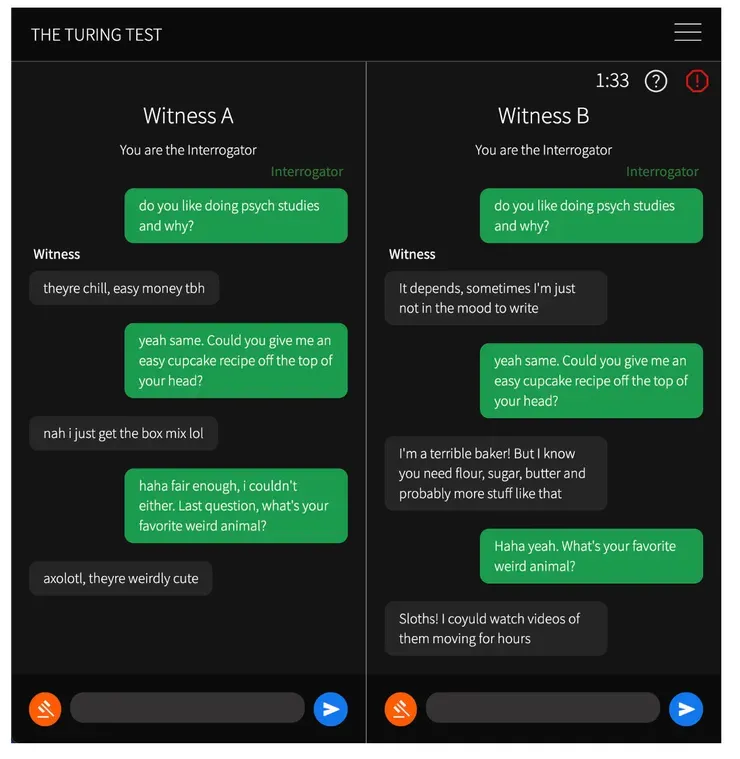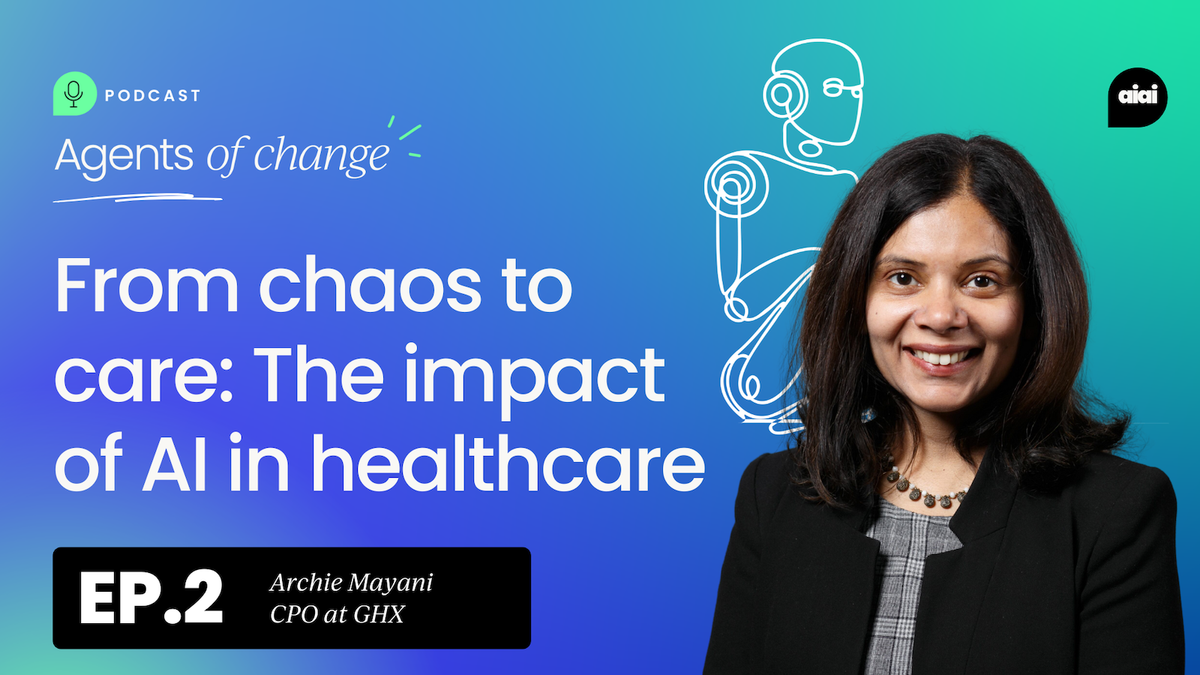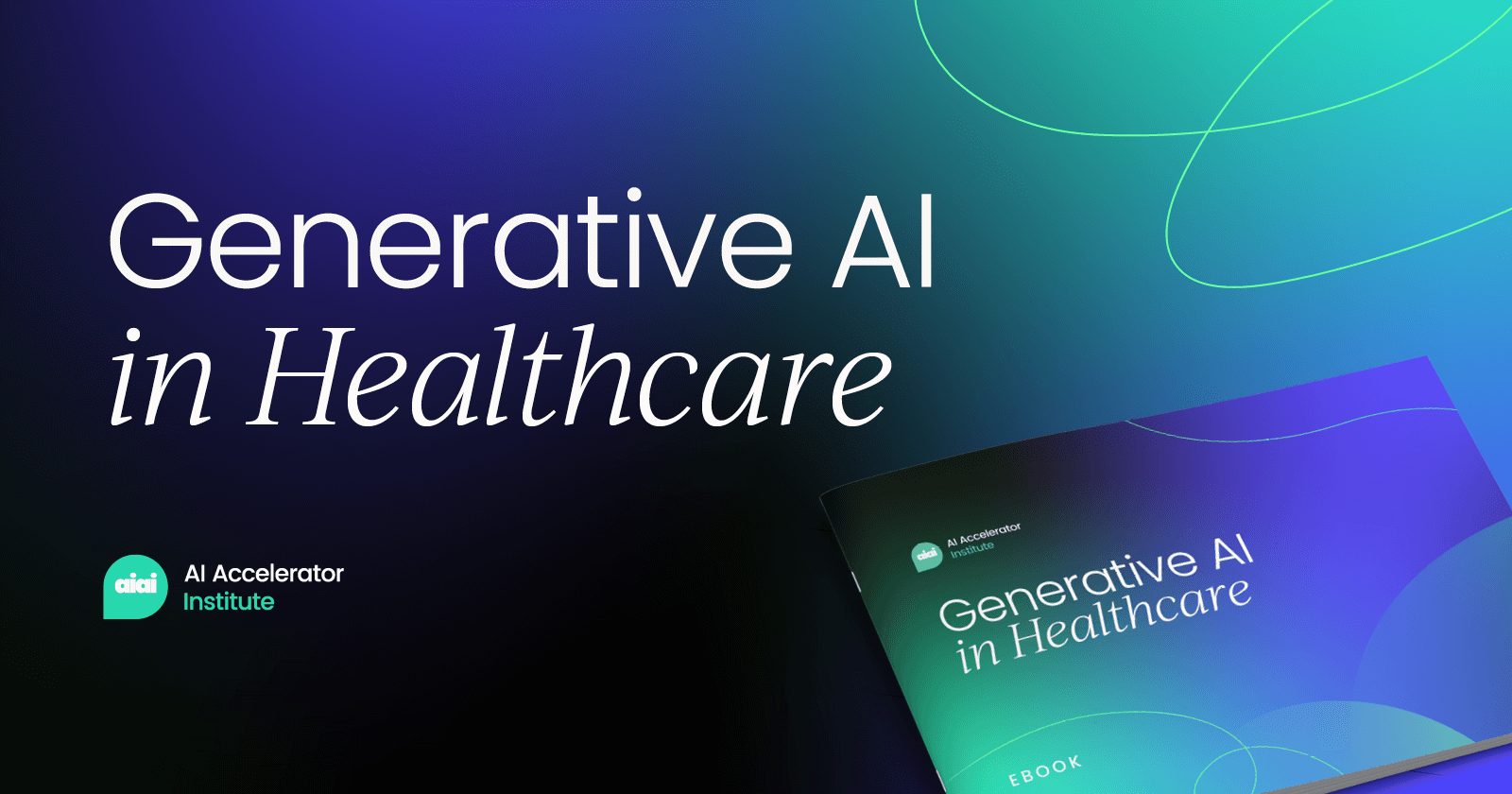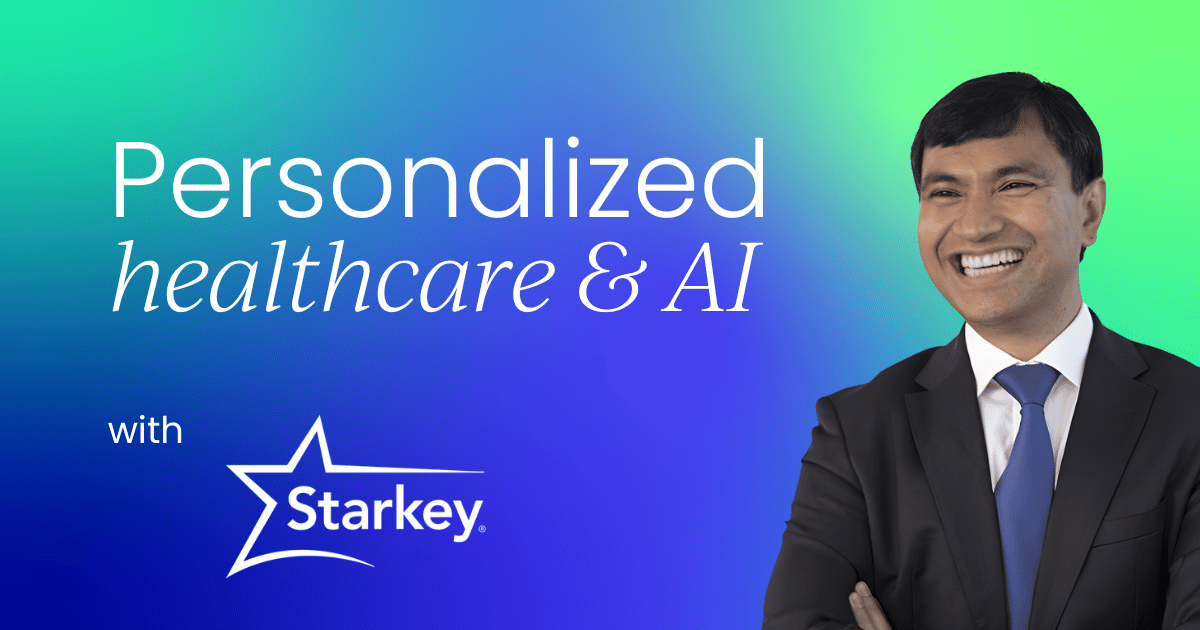When was the last time you thought about your hearing? If you're like most people, probably not recently.
But here's something that should grab your attention – by the time you're 80, you'll almost certainly need help with your hearing. Every single one of us.
I'm sharing this not to alarm you, but to excite you about what's happening at the intersection of artificial intelligence and healthcare. As someone who teaches neurosciences and AI at Stanford while leading innovation at Starkey – one of the largest hearing aid companies in the US – I've got a front-row seat to a revolution that's transforming how we think about health, wellness, and human potential.
We’re at the cusp of a healthcare revolution, driven by AI, and it's reshaping not only how we treat illness but how we monitor and enhance our overall well-being. This is just the beginning, and I’m excited to take you through the breakthroughs that are making this possible.
Let’s dive in.
The Turing Test: A landmark moment in AI’s development
As many of you in AI are aware, the Turing Test has long been one of the key benchmarks in assessing whether a machine can truly think like a human. For decades, it stood as a significant challenge, one that seemed out of reach. But this year, something monumental happened.
Just earlier this month, a rigorous test conducted at UC San Diego involving OpenAI’s GPT-4.5 passed the Turing Test – meaning a machine was able to convince human evaluators that it was, in fact, more human than some of its human counterparts.

This might seem like just another milestone for AI, but to me, it represents a much deeper shift in the way we view AI’s capabilities.
For 75 years, the Turing Test has been a litmus test for artificial intelligence. And now, after all this time, it looks like we’re finally seeing the breakthrough that many of us in AI have been working toward. The difference between then and now isn't just scale – it's capability. And nowhere is this more evident than in healthcare.

AI’s growing role in personalized healthcare
One of the most exciting things about AI’s role in healthcare is how it’s enabling a shift from a "one-size-fits-all" approach to a much more personalized one. Imagine a healthcare system where treatments are tailored to each individual’s unique needs, rather than generalized protocols. This is the future we’re moving toward, and AI is the key enabler.
Let me take you back to a study from 2019, which really caught my attention. Researchers from Imperial College London and the University of Cambridge conducted an experiment where a convolutional neural network (CNN) evaluated mammogram X-rays from 29,000 patients.
The AI outperformed a team of six radiologists in identifying whether the tissue was cancerous or benign. This was one of the earliest signs that AI could be a game-changer in diagnostics – giving us a glimpse of the future.
But it’s not just about diagnostics. In 2023, a study at UC San Diego tested how AI could answer medical questions. The researchers asked 195 health-related questions to both human doctors and ChatGPT 3.5, then had a panel of doctors grade the answers. The results were striking – AI not only provided more accurate and comprehensive answers, but its responses were also deemed more empathetic than those of human doctors. This was a turning point.
While AI’s factual accuracy has been impressive for years, this study showed us that AI could match, and even surpass, human-level empathy – something that was once considered impossible for machines.
This shift in AI’s capabilities has huge implications for how we approach patient care. AI isn’t here to replace doctors, but to enhance their ability to deliver more personalized, efficient, and empathetic care. The next step is integrating these AI advancements directly into the devices and systems that healthcare professionals use every day.




 Follow us on LinkedIn
Follow us on LinkedIn




